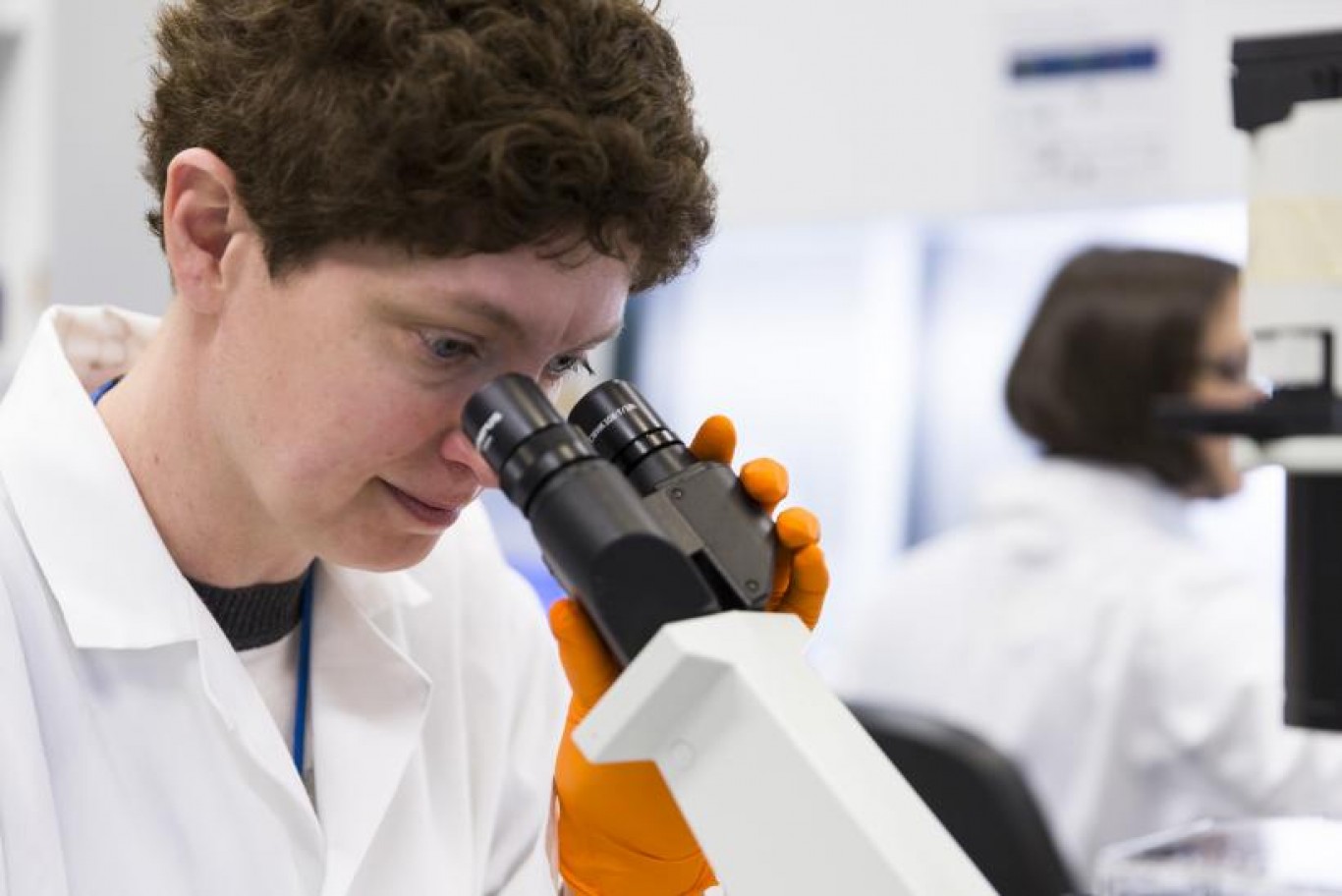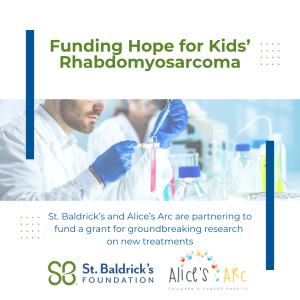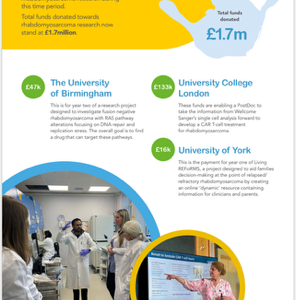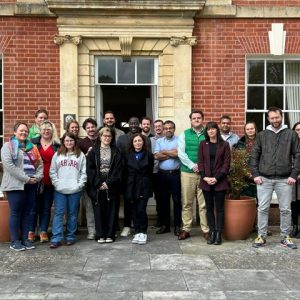Led by Dr Sam Behjati at Wellcome Sanger and Dr Karin Straathof at UCL Great Ormond Street Institute of Child Health
Alice’s Arc is delighted to announce that we will be investing £266,199 into a project entitled ‘Identification and evaluation of foetal immune targets in rhabdomyosarcoma’ led by Dr Sam Behjati at Wellcome Sanger Institute and Dr Karin Straathof at UCL Great Ormond Street Institute of Child Health. This project builds on a collaboration initiated with an Innovation Award from Cancer Research UK, in conjunction with Children with Cancer UK.
A new type of cancer treatment using re-programmed immune cells
T-cells are specialized cells of our immune system that keep us safe from infection. They do this by roaming around the body scanning cells for any signs that they are infected and differ from healthy cells. When they identify an infected cell, they spring into action directly killing the infected cell and recruiting other members of the immune system to fully clear up the infection and create a ‘memory state’ to ensure the infection cannot strike again. Because of this ability to seek out and destroy unhealthy cells, T-cells they could make an ideal cancer treatment. Cancer cells however often only look slightly different from healthy cells on the outside and therefore go unnoticed by T-cells. Medical science has now tackled this problem by re-programming T-cells to be able to recognize cancer cells. To achieve this a new gene is introduced into the T-cells called a Chimeric Antigen Receptor or CAR for short. The CAR gives the T-cell the ability to recognize something unique to the cancer cell that is not there on healthy cells, and then directly kill it.
How to design CAR-T cells as treatment for rhabdomyosarcoma
This new treatment has shown remarkable success in children with a type of blood cancer called B-cell leukaemia. Early results in non-blood cancers with CAR T-cell treatment show promise but tell us that for these cancers additional work is required to make this treatment effective. Cancers like rhabdomyosarcoma are able to avoid or hide from CAR-T cell attack. In the same way we can re-programme T-cells with a CAR to be able to recognize cancer cells, we can re-program them with the ability to overcome these barriers put up by the tumour. The goal of this project to develop CAR T-cell treatment for rhabdomyosaroma. What is needed to achieve this is:
1) to understand what rhabdomyosarcoma cancer cells look like and how they differ from healthy cells
2) to understand what ‘tricks’ rhabdomyosarcoma tumours use to get away from immune cell attack.
Once they have answered these two questions, the research team will design a CAR-T cell treatment specifically for rhabdomyosarcoma and test if it works as expected and then bring this treatment to a clinical trial.
How will the Alice’s Arc funds be used?
The research team will study the genetic code of rhabdomyosarcoma and compare this to normal healthy cells in a very detailed cell-by-cell manner using a technique called single cell transcriptomics. In addition, the team will look at the interplay between cancer cells and immune cells which will help understanding how the cancer cells are hiding from immune cells or possibly even counterattack.
Funds from this Alice’s Arc grant will be used for the lab reagents needed for Dr Sam Behjati’s team at the Sanger Institute to perform this detailed cell-by-cell analysis. In addition, this award will fund a researcher and the research reagents needed in Dr Karin Straathof’s group to take the information from the single cell analysis forward to develop a CAR as well as other T-cell re-programming tools to equip T-cells to tackle the barriers they have learned RMS tumours are using to hide from or avoid CAR T-cell ‘attack’. The overall goal of the project is to develop a CAR T-cell treatment for rhabdomyosarcoma.
Dr Karin Straathof, lead Scientist on the project at UCL Great Ormond Street Institute of Child Health, said:
“We are very grateful for the funding Alice’s Arc are providing for this important work. Immunotherapy treatments for rhabdomyosarcoma are very much in their infancy. Our goal is to make progress towards researching and identifying the targets and devising immunotherapy treatments which can significantly improve outcomes for patients diagnosed with rhabdomyosarcoma.





